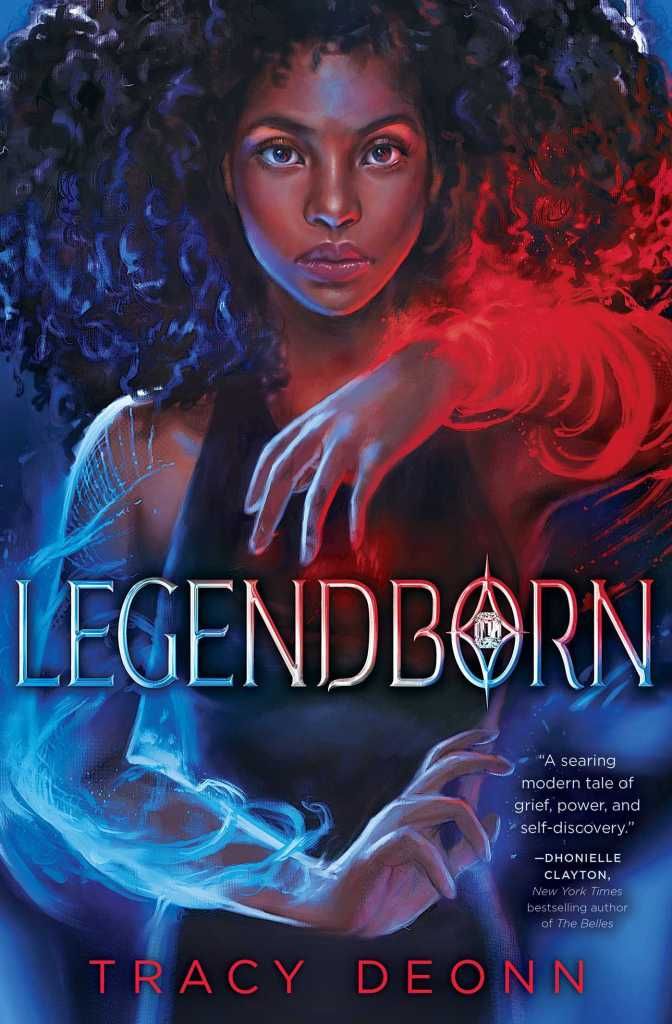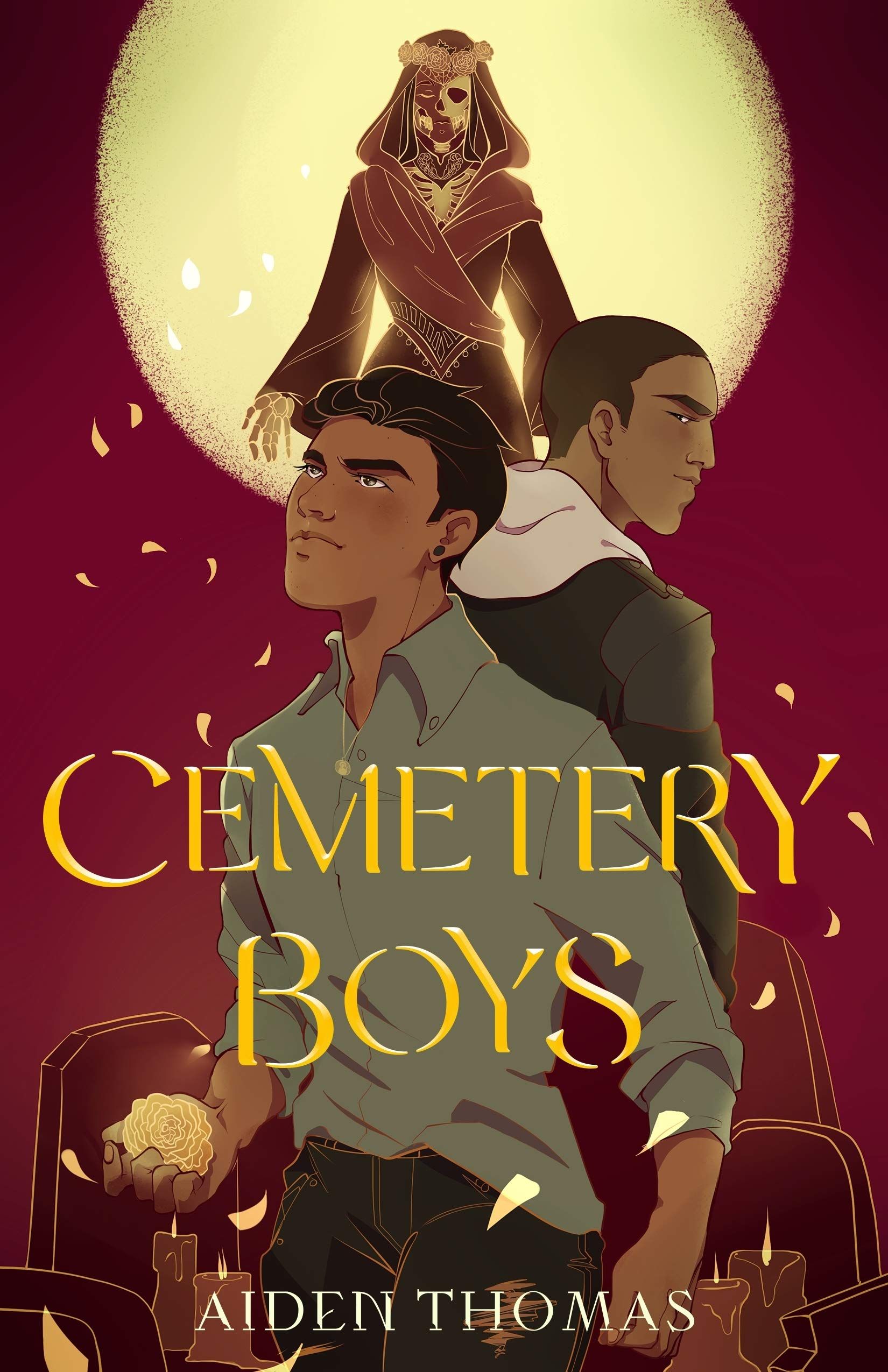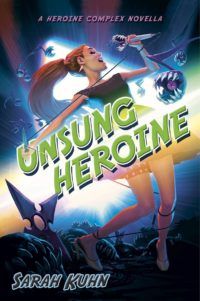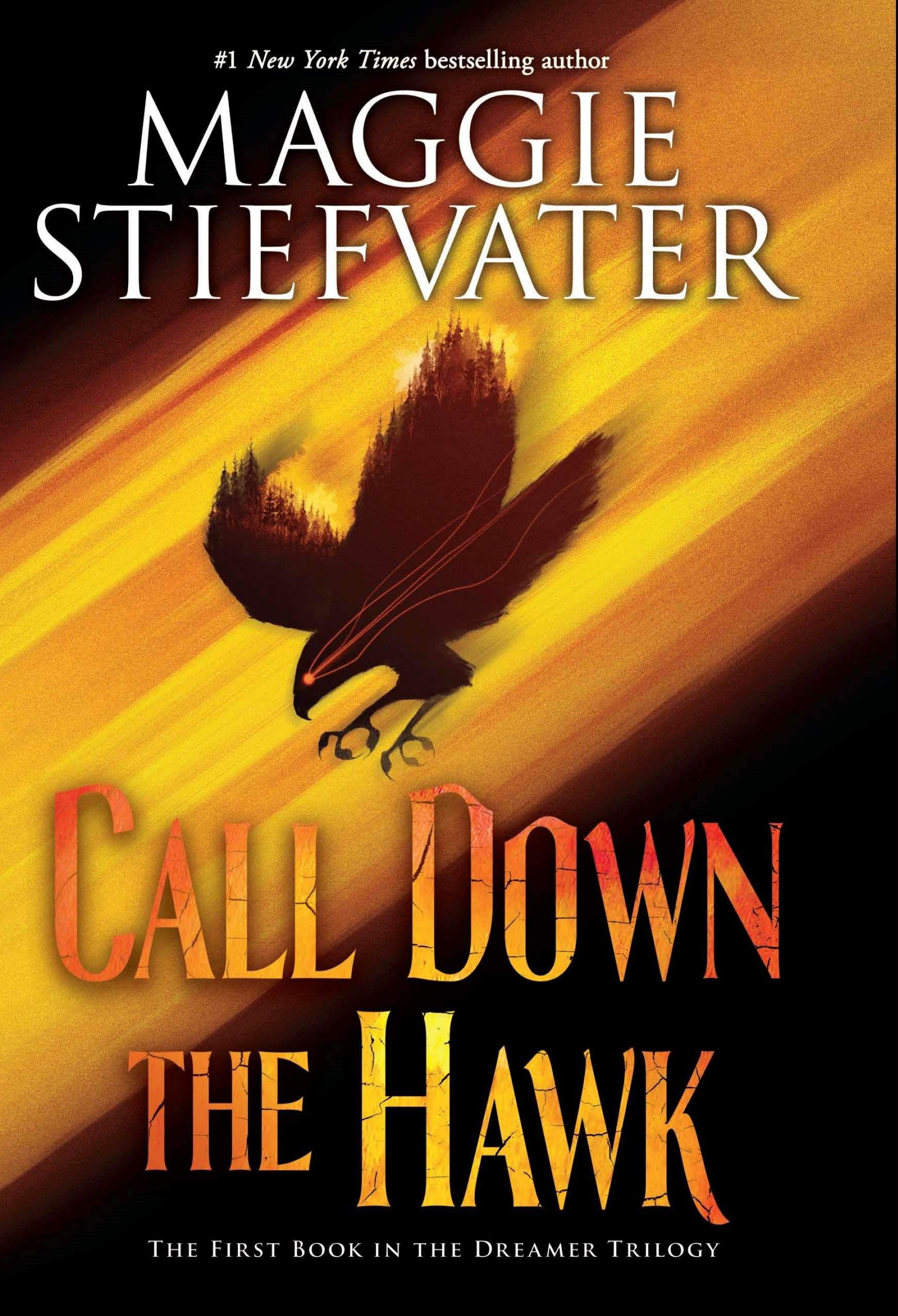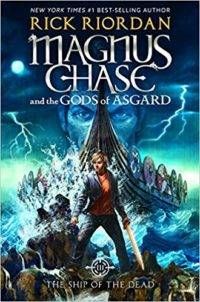Honestly, we just want to live.
The shift in LGBT urban fantasy came when writers started to let that living part happen. But I’ve been seeing more of isn’t simply the survival of LGBT characters in urban fantasy but characters who are allowed to be queer and a bunch of other things. While sexuality and gender identity might be a plot point and are certainly central to who the character is, it no longer has to be the crux of the whole damn story. Imaging fighting demons while being gay, the audacity! Ghostbusting and going home to your genderqueer partner to have a nice dinner and then going back to the office the next day, how dare! A girl doing that summoning ritual with her wife without every reader yelling, “Now kiss!” because you did before you started just for luck and then you moved on because that ghost isn’t going to wait all night!
Examples of LGBT urban fantasy that let us queer folks get the business done while daring to demand the normalization of our relationships? I’d love to.
And there you have it. Some of the finest in LGBT urban fantasy. Hope you enjoy!
Adam Binder’s family would rather have him involuntarily committed to a mental health facility than believe in his magical abilities. They aren’t all that much more accepting about the fact Adam is gay. Adam is pretty sure that’s just the way it is.
He’s proven wrong, however, when he meets Vic, a police officer who becomes accidentally embroiled in Adam’s efforts to thwart the eldritch horror hovering over Denver. Vic hasn’t considered the fact he might be bi, before but finds himself attracted to Adam and without any drama whatsoever, thinks: ah. Okay. Bi. Cool. His family meets Adam and thinks, What a sweetheart. Glad Vic found him. Sum total. That’s not to say the two men figuring one another out and navigating a potential relationship is simple or without nuance; it means they can continue their efforts to prevent the apocalypse while they do it.
Of course, it’s not quite that simple; he’s heard that crow’s voice before though he can’t quite place it until one day when it sneaks up on him from behind and he turns around to find not the corvid but his landlady’s son.
What the what?
Though Inusaki hasn’t had many relationships, he doesn’t stumble over the fact he’s attracted to another man or to a…male crow (just go with it). The drama in Toritan focuses on how he’s going to solve the mystery of the beautiful voice. And what he’s going to do once he does.
There’s a lot to unpack in The Last Sun: the way in which Edwards deals honestly but compassionately with sexual assault. The realism with which he captures main character Rune St. John’s PTSD and the conflict it creates in him when he meets a man with whom he wants to initiate a sexual relationship. The gentleness with which that prospective partner navigates their first encounter and is always cognizant of asking for consent. And the careful attention Edwards pays to giving Rune and his bonded Companion Brand a deep and loving friendship that many authors seem to forget is possible between gay characters of the same gender.
I also adore Julian’s deep acceptance of the fact he’s gay; it’s not something we see in bad boy, macho characters on the regular and it’s so damn special, both as a reader who didn’t insist on her parents working to understand “bi” and later “pan” because she was just too tired of being judged, and as a parent who wants her kids to know they can be anything and anyone they damn want.
For those of you unfamiliar with Kuhn’s Heroine Complex series (what’s wrong with you?), Lucy is the titular heroines’ fight trainer and Rose the head of the San Francisco Police Department’s Demon Unit.
This wedding has been ages in coming and Lucy and Rose flirted along side Evie/Nate and Aveda/Scott. Same bruises, same ditches, same supernatural shenanigans on the big day. Because love is love. Especially when your day job is fighting things that go bump whenever they feel like it.
Of course, working together means spending time together and spending time together means remembering why they were drawn to one another so many years ago. The mission comes first of course; there’s a town that needs saving. But you can’t fight every second of the day, now can you?
This is a book about secrets and the damage they can do, but also the magic that can happen when one trusts another person enough to reveal the truth. Jake Hyde’s mother refuses to talk about his absent father. She tells him the blue markings on his arms are birthmarks. Jake doesn’t tell swim team captain Kenny when he develops a crush, nor does he tell his best friend that he’s applied to a college on the coast when they’ve promised to go to the University of New Mexico together.
When his mother finally tells his full story, though, and when Jake comes clean to Kenny, literally magic happens. Magic that saves both of their lives and opens up an entirely new future.
It’s terrifying to be who we are sometimes.
But maybe it’s worth it.
Though I’ve never made a formal statistical study, I feel as though it’s much more common in media of all types for bi/pan women to end up with other women than it is for bi/pan men to end up with men. Society as a whole is certainly more comfortable with the idea. Which is dumb and also, I’d imagine, very discouraging for bi men.
Two of the elements of the Raven Cycle I appreciated were Stiefvater’s choices to have Adam consider his potential bisexuality, especially after his intense, albeit short, attraction to Blue and decide yes, he was, in fact, bisexual, and then allowing him to gradually develop a new relationship with Ronan. I love that the relationship continued in Call Down the Hawk, even if it’s only a small part of the overall narrative, and that we’re having the opportunity to see it from Ronan’s side because ancient Welsh deities bless this disaster trash fire boy, he really is hopelessly in love.
Their story is an enemies-to-lovers classic: Child of Loki meets Child of Frey while Loki is trying to murder said golden boy so shady deity can start Ragnarok (I mean, it’s a classic in my world, I don’t know about yours). Loki, as some of you may know, is a shapeshifter. In Riordan’s reimagining, his child Alex is gender fluid. Cool.
Magnus, however, has always considered himself straight. Because he loves Alex, he doesn’t want them to change and always wants them to manifest the self that makes them happiest. He doesn’t know, however, if he’s prepared to be physically intimate with Alex in their male body.
Before everyone gets real mad at Magnus, this isn’t anti-gender fluidity or transphobia. This isn’t about Alex. Magnus wants Alex to be their best and happiest self. Always. It isn’t about Magnus setting limits on what Alex can or should be. It’s about Mangus figuring out what his own boundaries for his own body are. And he very respectfully communicates this like a wholeass adult. Can you imagine.
Since this book is 18 months old, I feel secure in telling you they do end up together. Which makes it even better.











